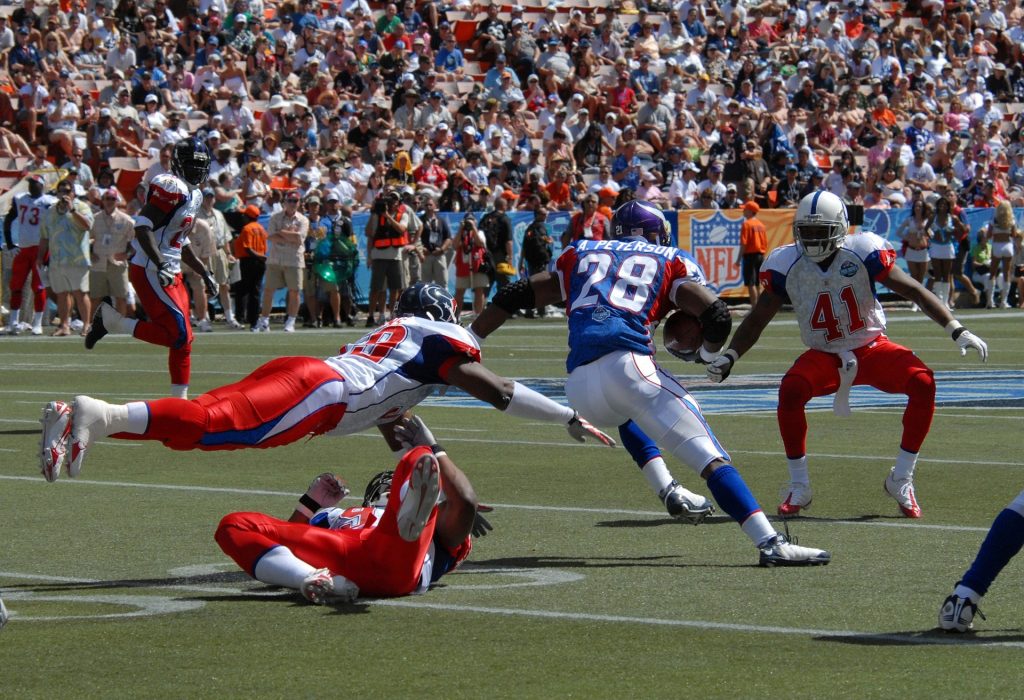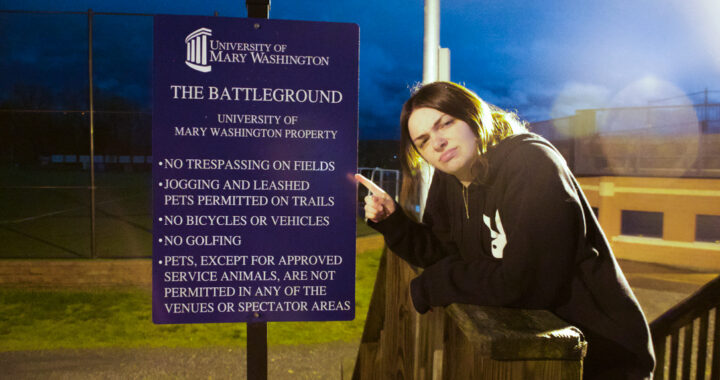NFL: National Football….Los Angeles?
3 min read
skeeze | Pixabay
By JOHN JAMESOME
Staff Writer
A little more than a year ago, the city of Los Angeles had not housed an NFL team in more than 20 years. Now, both the Chargers and the Rams call it home. Living in close proximity to D.C. many of us take for granted the omnipresent influence of a local NFL franchise, especially one that can’t be claimed by a specific state. The Redskins are a staple in Northern Virginia, with this in mind, one can begin to understand the frustration and confusion felt by the jilted fans these two franchises left behind.
St. Louis and San Diego are the two cities that these fans call home. Admittedly, St. Louis doesn’t have the biggest market for a franchise of NFL proportions but the Rams have a history there dating all the way back to 1936. The same thing could be said for a city like Green Bay, which only has a third of St. Louis’ population but is arguably one of the most popular franchises in the history of American football.
The size of the market does not necessarily dictate the success of the team that plays there. On the other side, San Diego is major metropolis. The fierce loyalty and widespread enthusiasm exhibited by Chargers fans in the city and greater San Diego County, home to more than three million people, is recognized by many. That same experience has illuminated the true feelings residents in San Diego, feelings that span the entire spectrum from anger to hilarity but are best described as confusion.
Granted, Los Angeles is massive and it plays second fiddle only to a city you may have heard of, called New York. Ownership within the NFL seems to be adhering to the New York model as of late. New York has two pro football teams.
Los Angeles is now home to nine professional sports teams thanks to the sudden addition of both the Chargers and the Rams. As many students at UMW can attest, D.C. traffic is some of the worst in the country and it affects much more than just the immediate outskirts of the city. Traffic in Los Angeles is worse, much worse. According to “Business Insider” it takes about 45 percent more time to get where you’re going to in L.A. than it would if you were able to drive the speed limit. The fact that neither the Chargers or the Rams have their own stadiums yet compounds the issue even further. A quick look at the schedule yielded the nightmarish revelation that during three different occasions during the season, both the Chargers and Rams play at home, on the same day, at the same time.
The irony of all this is that no one is going and these infrastructure problems only become problematic if the franchises are successful. This in itself makes it difficult for a resident of the city to truly support one or both of these teams. Beyond the logistics alone, however, there is a bigger problem- lack of interest. Some online window shopping revealed that one could purchase a ticket to the Rams season opener, which took place this past Sunday, for as low as $10 a ticket.
Even despite the astronomically low prices, the Los Angeles Coliseum was a dismal scene on Sunday. If you tuned in during the game, the first thing you likely noticed was how barren the stadium was. There were entire sections completely empty. Even the supposedly full sections were sparsely populated, dotted with the few fans that braved the traffic. We will have to wait until their home opener next week to see if the Chargers can pull a bigger crowd.
It will be fascinating to follow the fate of these two franchises going forward, seeing as they left behind cities filled with loyal fans for “greener” pastures. Loyal enough to fill a stadium at least. Perhaps these teams will catch on and find success, but history tells us that NFL teams leave Los Angeles, they don’t move there.
Now the only thing left to do is to convince the administration that UMW needs its own football team. If the Chargers and Rams move has told us anything, it’s that you don’t even need a stadium first.











